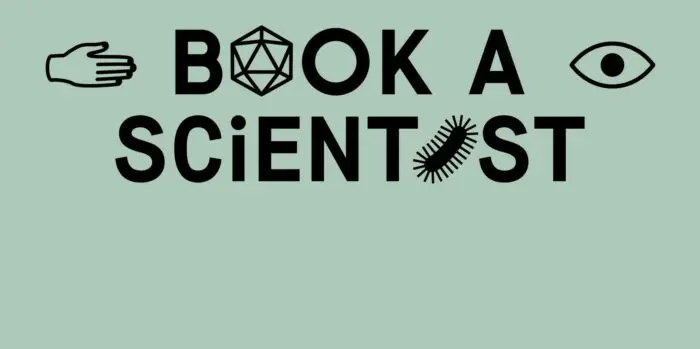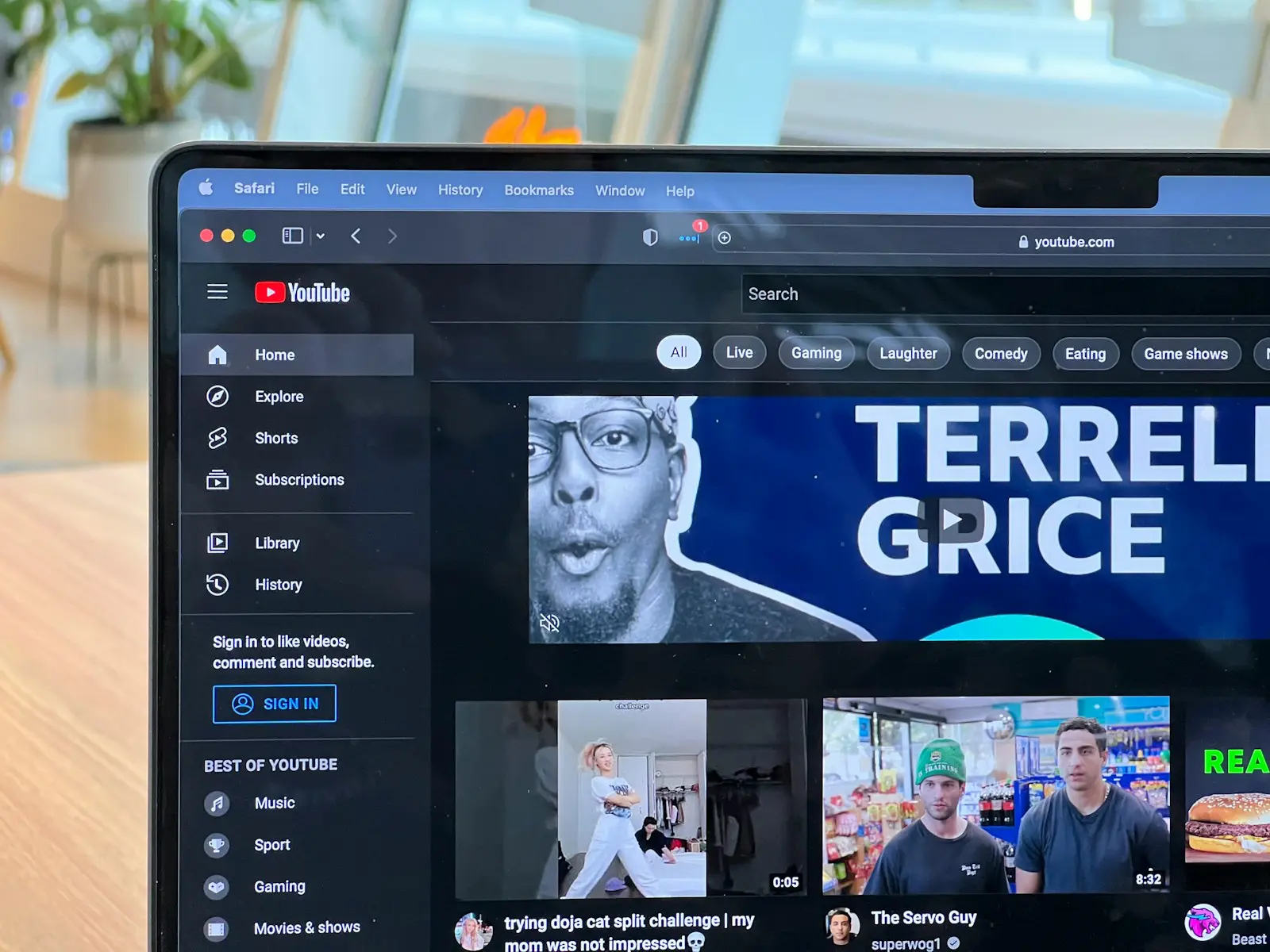Speed Dating with scientists from the Leibniz Institute DSMZ in Braunschweig Book a Scientist: Prof. Dr. Yvonne Mast and Dr. Julia Koblitz from the DSMZ
On 10 November 2021, people with a thirst for knowledge can ask 130 researchers from the scientific institutions belonging to the Leibniz Association about a wide range of topics. Two researchers from the staff of the Leibniz Institute DSMZ-Deutsche Sammlung von Mikroorganismen und Zellkulturen GmbH in Braunschweig are among the experts who will be available for speed dating.
Curious people can have an exclusive virtual conversation with Prof. Dr. Yvonne Mast on the topic of “Antibiotics: How bacteria can provide us with new active substances”. Yvonne Mast is head of the DSMZ Department of Bioresources for Bioeconomy and Health Research. Dr Julia Koblitz from the DSMZ Department of Microbial Ecology and Diversity Research will provide answers on the complex “Artificial Intelligence: What can it tell us about bacteria and what data does it need to do so?”.
In personal talks, the researchers will give an insight into their topics and their everyday work, answer questions and look forward to exchanging ideas with the knowledge-thirsty public.
At “Book a Scientist”, interested people have the chance to talk exclusively and one-on-one for 25 minutes free of charge with an expert from an institution of the Leibniz Association and ask everything: What influence do siblings have on the education and development of children? How does compulsory insurance help against flood hazards? Why does citizen participation create more acceptance? How does eating work in harmony with the inner clock? What should be considered when trading stocks via smartphone? And how does an Italian astrophysicist cook scientific carbonara?
If you don’t ask, you stay stupid – even Sesame Street knew that. To reserve a talk, simply send an e-mail to veranstaltungen(at)leibniz-gemeinschaft.de, stating your name, the topic and the desired time slot. You will then receive a confirmation email if the date is still available. All topics and dates can be found here at www.leibniz-gemeinschaft.de/bookascientist.
About the Leibniz Institute DSMZ
The Leibniz Institute DSMZ-Deutsche Sammlung von Mikroorganismen und Zellkulturen GmbH is the world’s most diverse collection of biological resources (bacteria, archaea, protists, yeasts, fungi, bacteriophages, plant viruses, genomic bacterial DNA as well as human and animal cell cultures). Microorganisms and cell cultures are collected, researched and archived at the DSMZ. As an institution of the Leibniz Association, the DSMZ with its extensive scientific services and biological resources has been a global partner for research, science and industry since 1969. The DSMZ is recognised as a non-profit organisation, the first registered collection in Europe (Regulation (EU) No. 511/2014) and certified according to the ISO 9001:2015 quality standard. As a patent depository, it offers the only opportunity in Germany to deposit biological material according to the requirements of the Budapest Treaty. In addition to scientific services, research is the second pillar of the DSMZ. The institute, located on the Science Campus Braunschweig-Süd, houses more than 79,000 cultures as well as biomaterials and has almost 200 employees. www.dsmz.de
About the Leibniz Association
The Leibniz Association brings together 96 independent research institutions. Their focus ranges from the natural sciences, engineering and environmental sciences to economics, spatial sciences, social sciences and the humanities. Leibniz institutes are dedicated to socially, economically and ecologically relevant issues. They conduct knowledge- and application-oriented research, also in the overarching Leibniz Research Associations, are or maintain scientific infrastructures and offer research-based services. The Leibniz Association focuses on knowledge transfer, especially with the Leibniz Research Museums. It advises and informs politics, science, industry and the public. Leibniz institutions maintain close cooperation with universities – in the form of the Leibniz Science Campuses, with industry and other partners at home and abroad. They are subject to a transparent and independent review process. Because of their national importance, the Federal Government and the Länder jointly fund the institutes of the Leibniz Association. The Leibniz Institutes employ around 20,500 people, including 11,500 scientists. The total budget of the institutes is 2 billion euros. www.leibniz-gemeinschaft.de
Source: HERE






